Canada Citizenship 2022 – How Former Canadian Citizens Can Easily Regain The Citizenship?

Source: https://unsplash.com/photos/gLHX4AgImz0
You’re automatically a Canadian citizen if you were born in Canada any time after February 14, 1977. The Canadians Citizenship is conferred automatically if you were born outside of Canada and at least one of the biological parents who are a citizen of Canada after February 14, 1977. The date February 14, 1977, plays a crucial role because on February 15 that year, the citizenship act replaced the Canadian citizenship act of 1947.
The current citizenship act of 1977 has all the rules updated revolving around the citizenship alarming dual citizenship for the Canadians. Furthermore, changes were also made to the citizenship act in 2007, which allowed children born outside of Canada and adopted by Canadian parents to get Canadian citizenship inherited.
First generation Rule for Canadian Citizenship
The first-generation rule back in 2009 was created, which means that only the first generation of the kids born abroad 2 Canadian citizens would be granted the citizenship. If a child is born outside of Canada after 2009, they would be entitled to Canadian citizenship, provided one parent is a Canadian citizen. But if only a grandparent is a Canadian citizen, the child cannot get Canadian citizenship. Some exceptions to the rule include cases where the child is born and adopted outside Canada and the parent is employed in the Canadian government.
What to do if you are not a child of a Canadian citizen?
You need to get the permanent resident status to become a Canadian citizen, and then you need to apply for citizenship.
There are various conditions for getting the PR that mainly depends on various factors: which province of Canada you are planning to move to, the level of education, work experience, language skills besides the available funds, and whether you have a family in Canada or not. The requirements for individual adults applying for Canadian citizenship are mentioned here.
It would be best if you had permanent resident status, and you must be at least 18 years old or older. Additionally, you must have been physically present in Canada for at least 1095 days in the past five years. Finally, for at least 3 out of 5 years, you need to file the personal income tax, and you must know English or French besides having proof.
Evidence of having passed Citizenship Test
You must also provide evidence that you know Canada and understand the rights and responsibilities of Canadian citizenship. You need to pass a citizenship test if you are at least 18 to 54 years of age on the date you sign the application. You cannot have unfulfilled conditions related to your PR status, or your citizenship might be denied. Additionally, you cannot be in a place where you have submitted a removal order to leave Canada.
A security threat to Canada might make you ineligible if you have a criminal history or you’re being marked as one.
Adults can also apply for citizenship in Canada on behalf of their kids. Minors no longer need a Canadian parent to qualify for citizenship from 2017.
How can you lose your Canadian citizenship?
Individuals are most likely to lose their citizenship if they become Canadian citizens through false presentation or fraud knowingly or even concealing the information about the material elements. The citizenship might be revoked in those circumstances, but it is also possible for Canadian citizens to lose their citizenship by applying for any other citizenship. An important requirement for the application is that one must already have citizenship in a country besides Canada or be able to become a citizen of another country if they end up losing Canadian citizenship.
The applicant must also be an adult and not live in Canada and not be a part of organized criminal activity or be any kind of security threat to Canada.

 How Frequently Should Passwords Be Updated? A Comprehensive Guide
How Frequently Should Passwords Be Updated? A Comprehensive Guide 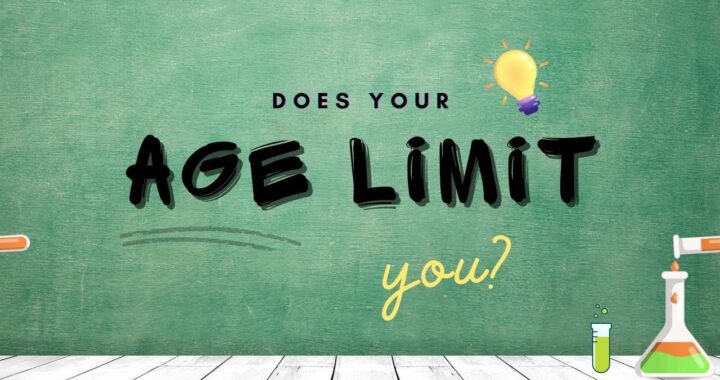 What is Maximum age to get Student Visa for Canada
What is Maximum age to get Student Visa for Canada  Here is Everything You Need to Know about the Canadian Tax Return System!
Here is Everything You Need to Know about the Canadian Tax Return System! 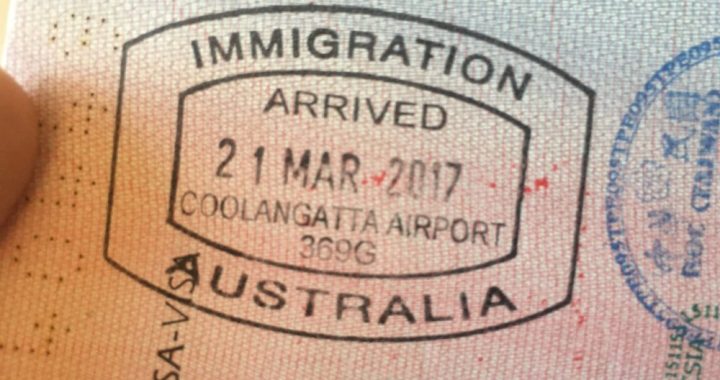 Everything You Need to Know about Australia Tourist Visa for Indians
Everything You Need to Know about Australia Tourist Visa for Indians 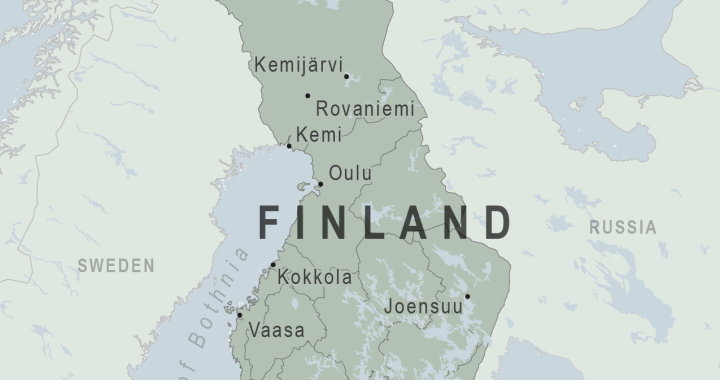 Process for Immigrating to Finland in a Nutshell!
Process for Immigrating to Finland in a Nutshell! 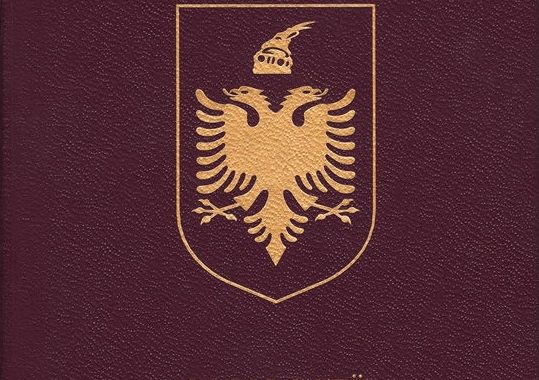 Everything You Need to Know About Albania Visa!
Everything You Need to Know About Albania Visa! 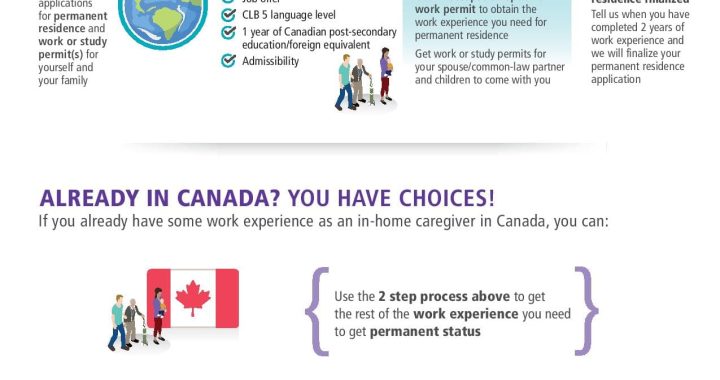 New Education Assessment Requirement for Caregivers: A Major Setback for Immigration to Canada
New Education Assessment Requirement for Caregivers: A Major Setback for Immigration to Canada 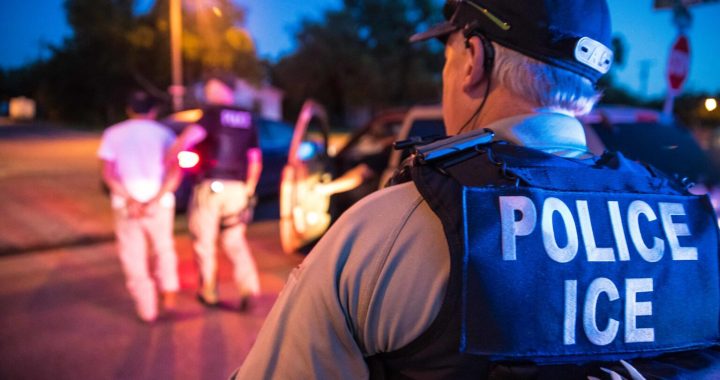 ICE Deportations at Immigration Hearings: Truth, Risks & Legal Remedies
ICE Deportations at Immigration Hearings: Truth, Risks & Legal Remedies 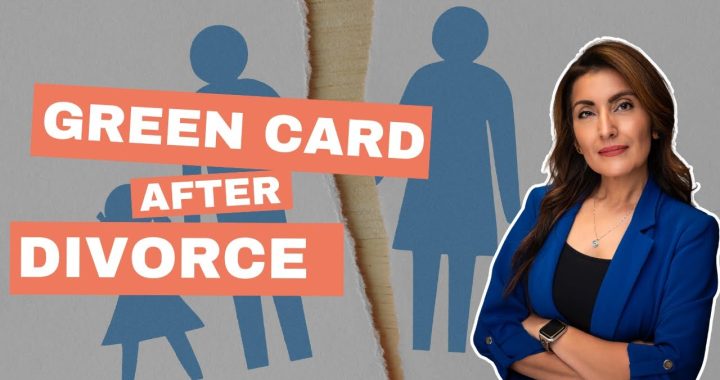 What happens if the marriage ends before the conditional green card is granted to spouse
What happens if the marriage ends before the conditional green card is granted to spouse  Canada Removes Points for Prearranged Job Offers in Express Entry: What It Means for Immigration Applicants
Canada Removes Points for Prearranged Job Offers in Express Entry: What It Means for Immigration Applicants